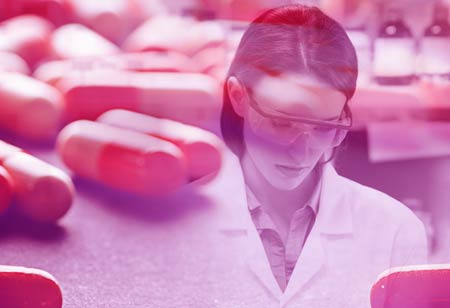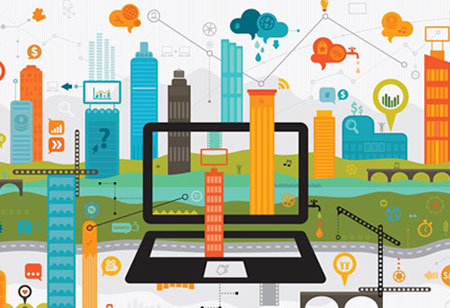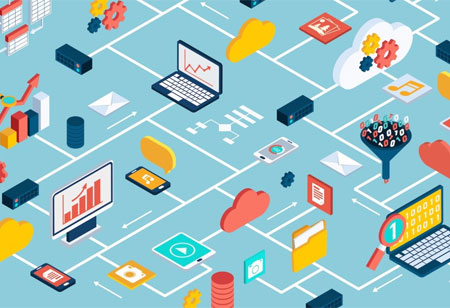THANK YOU FOR SUBSCRIBING
Ways Blockchain is Enhancing Healthcare Services
Blockchain technology can improve trust, cooperation, traceability, and audibility in the healthcare industry.

By
Apac CIOOutlook | Monday, December 13, 2021
Stay ahead of the industry with exclusive feature stories on the top companies, expert insights and the latest news delivered straight to your inbox. Subscribe today.
Blockchain technology can improve trust, cooperation, traceability, and audibility in the healthcare industry.
FREMONT, CA: Blockchain has several uses and functions in healthcare. Ledger technology assists healthcare researchers in revealing genetic code by allowing the safe transmission of patient medical information, regulating the medicine supply chain, and simplifying the secure transfer of patient medical data. Blockchain will accelerate the collecting and review of patient data and device performance data during clinical studies. Blockchain technology may also aid in the prevention of data tampering or fabrication in clinical studies. Regulatory authorities that stand to gain from mandating the use of blockchain technology to expedite medical device approvals and post-market surveillance are likely to encourage medical device makers to utilize it.
How blockchain enhances healthcare services:
- Data Security
About 176 million data breaches were affecting medical records between 2009 and 2017. The safe qualities of blockchain can dramatically improve the security of health data. Each individual has a public identification or key and a private key that can only be helpful when and for how long is specified. Furthermore, having hackers specifically target each user to obtain sensitive information will reduce hacking. As a result of blockchain technology, medical data may be given with an immutable audit trail.
- Preventive Measures of Medical Equipment
Machines can use blockchain apps to exchange operational data with individuals in charge of controlling it without jeopardizing enforcement or privacy issues. Patients treated with the unit, therapy kinds, images, or other data can all be shared with the maintainers, but solely for auditing, monitoring, and compliance purposes. Blockchain might hold vital service records, depending on the system and its purpose.
- Mobile Health Apps and Remote Monitoring
Mobile health applications are becoming increasingly important as technology advances. EMRs got revealed to be safely kept on a blockchain network, allowing the data to be instantly communicated with medical staff and utilized for self-monitoring and home care. Malware is especially vulnerable in this regard, particularly root issues that allow a hacker to get the patient's private key.





